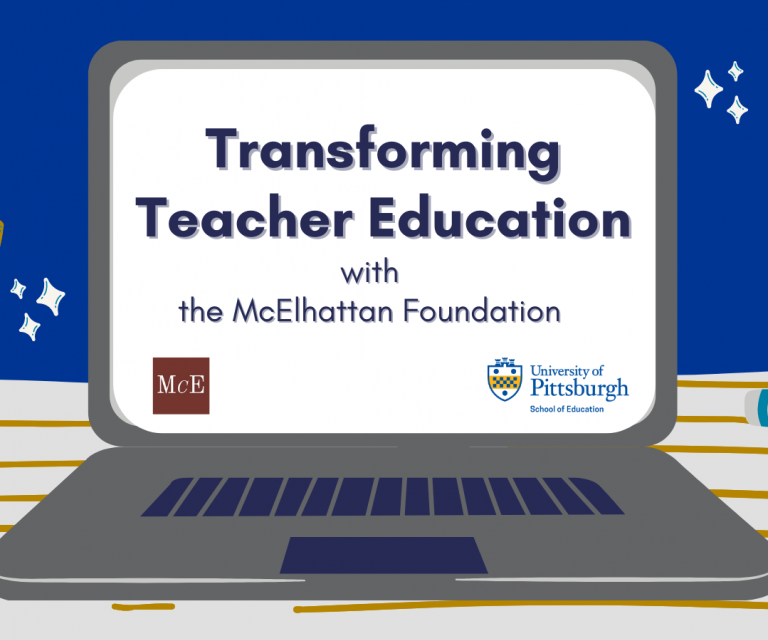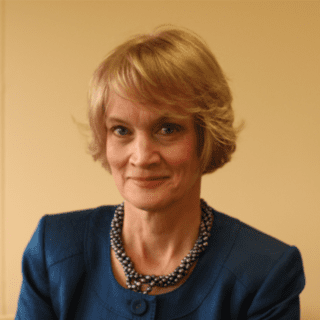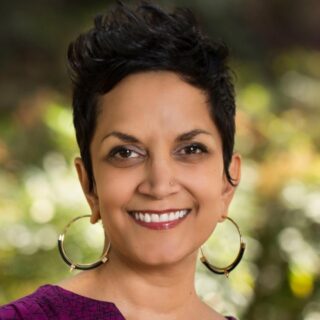
School Receives $2 Million Grant to Transform Teaching and Teacher Education
The University of Pittsburgh School of Education has received a $2 million grant from the McElhattan Foundation to develop a new and more effective model for teaching and teacher preparation programs in colleges and universities.
The project seeks to improve teacher education by emphasizing time-honored Black educational traditions. Aspiring teachers will be trained by participating in multi-generational micro-collectives that will include a high school student, an undergraduate student, a graduate student, a practicing teacher, and an experienced Black educator.
These micro-collectives are intended to enhance traditional student-teaching experiences by shifting to a model of collaboration, cross-generational dialogue, learning outcomes, and social responsibility. The approach will build on the traditional student teaching model, which typically involves on-the-job training and one-on-one learning from a teaching mentor.
Central to the project is the interconnected training of pre-service teachers, particularly Black pre-service teachers, and the infusion and expansion of Black educational practices across all teaching faculty.
The new initiative, which will begin in Pitt Education and may eventually expand to other higher education institutions, is meant to produce a reimagining of teacher education preparation, according to the project’s principal investigators: Valerie Kinloch, the Renée and Richard Goldman Dean of Pitt Education; T. Elon Dancy II, associate dean for equity and justice at Pitt Education, Helen Faison Chair in Urban Education, and executive director for the Center for Urban Education; and Sabina Vaught, professor and inaugural chair of the Department of Teaching, Learning, and Leading at Pitt Education.
“We understand that schools of education are the gateway to the teaching profession,” says Kinloch. “Focusing on freedom and transformation will allow us to think differently about teaching and teacher education, what it is, and what it can become. Freedom allows us to truly commit ourselves to the work of equity and justice instead of simply placing the focus on inclusion and yet never getting beyond inclusion to reach transformation.”
Titled, “Practices of Freedom: A Model for Transformative Teaching and Teacher Education,” the project has received funding from the Pittsburgh-based McElhattan Foundation’s Expanding Educator Diversity grantmaking initiative. The team is currently preparing for the project to begin in summer 2021 and continue through June 2025.
The project will also fund undergraduate scholarships and graduate student assistantships, as well as support the Center for Urban Education Lunch and Learn Series, which is a part of the transformative curriculum.
“Pitt’s initiative is truly bold, and we are thrilled to support this work,” says Lesley Carlin, executive director of the McElhattan Foundation. “By rooting the practice of preparing teachers in social justice and vital Black knowledge traditions, the project team will shift the dialogue about how best to prepare educators for the future of learning.”
The project team credited the McElhattan Foundation for supporting their new vision for teacher education.
“Big problems take big imagination and big, well-studied experimentation. We are deeply appreciative of the foundation’s support for doing truly transformative work locally that can eventually have a global impact,” says Vaught.
Redressing Racial Disparities in America’s Classrooms
The project’s goals are to increase the number of pre- and in-service Black teachers and to transform curricula in teacher education.
In Pennsylvania, there is a large disparity in the racial identities of the teachers and students in K-12 public schools. Statewide, white teachers make up 94% of all teachers in K-12 schools, while only 64% of students are white. Teachers of Color comprise only 6% of the total teacher population, with 4% of them being Black teachers. The same is true across the United States, where in K-12 schools there are many more teachers who are white (80%) than there are white students (46%).
Dancy says it is critical to restore the role of Black teachers and Black educational practices in students’ lives. Relative to white classmates, Students of Color with white teachers are far more likely to be suspended or face other disciplinary measures and to be classified as learning disabled. Several researchers have argued that those outcomes support a “school-prison nexus” for Black children. There is also an opportunity to challenge normalized programming in U.S. schools like gifted and talented programs, which reproduce the exclusion of Black people and Black knowledge traditions.
“In addition, one of the important study findings we are bringing to the project is research that found that students perceived Black women teachers more favorably. This finding elevates the urgency to learn from Black women’s knowledges, which are repressed by systems of anti-Blackness and misogyny.”
According to the project team, the origins of today’s racial disparity in the K-12 teaching profession can be traced, in part, to Brown v. Board of Education.
The Brown Supreme Court opinion resulted in the movement of many Black students into schools with white students, teachers, and administrators while tens of thousands of Black teachers were pushed permanently out of the workforce. Consequently, in the 10 years post-Brown, Black educational practices were decimated in public schooling.
“It is important to understand,” says Dancy, “ that Brown vs. the Board of Education, which people often discuss as striking down ‘separate but equal,’ had a deleterious effect on Black communities. The effect was the elimination of Black educators almost wholesale from the lives of Black communities. At the time of the court ruling, many communities were relying on teaching as a profession. This devastated Black economies.”
Micro-collectives Create New Opportunities for Equity-Oriented Engagement
The project aims to rebuild the teaching pipeline for Black teachers and educators.
The project team will work with two Pittsburgh-area school districts: Woodland Hills School District and Pittsburgh Public School’s Teaching Academy Magnet at Brashear High School.
Interested students from those schools will participate in the study groups, which will be known as micro-collectives.
The micro-collectives will be kept intentionally small at five people: a Pitt Education student in teacher education, an undergraduate student, a high school student, an in-service teacher, and an experienced Black educator. There will be eight micro-collectives during each year of the project, meaning a total of 160 individuals will eventually participate.
“The micro-collectives will draw from the deep wells of knowledge people bring in from where they are experientially located,” says Vaught. “What is the deep well that a high school student will bring to the micro-collective that will support the learning of a preservice teacher? What is the deep well of knowledge that an experienced educator will bring that will then be in dialogue with what the others bring?”
The micro-collectives will focus on the vast research and practice from Black pedagogical and curricular knowledges. According to the project team, while such pedagogies have flourished in many contexts, they have been systematically excluded from public schooling.
Another key feature of the project will be how it builds upon existing resources and initiatives at Pitt Education. That will bring community members into the University in new ways, according to the project team.
Micro-collective members will be invited to participate in the Freedom Seminars developed by Vaught and offered by the School of Education. These one-credit courses are focused on a range of freedom projects, theories, pedagogies, and praxes. Students study both the “what” and “how” of freedom through insurgent knowledge traditions. The experienced Black educators who participate in the micro-collective will be from educational settings within and beyond schools. They will participate through an existing project offered through the Center for Urban Education.
The project will also integrate CUE’s Heinz Fellows program and its programming such as the Lunch & Learn Series and Summer Educator Forum. Furthermore, the project will utilize community programming sponsored by the school’s PittEd Justice Collective and Office of the Associate Dean for Equity and Justice, which include webinars, seminars, reading groups, and equity conversations.
“The grant will revolutionize teaching and teacher education in our School of Education,” says Kinloch.
Ultimately, the project can provide a model that can be adapted for use in other locations and communities around the United States and world.
“This isn’t just a next step. This is an entirely different way of thinking about what it means to do schooling and education,” says Vaught.
Read More
- Read about a $1 million research project to shift power dynamics in educational research by including the voices of educators of color
Learn More
- Get involved in the PittEd Justice Collective
- Participate in programs from the Center for Urban Education
- Learn about programs offered by the University of Pittsburgh School of Education’s Office of the Associate Dean for Equity and Justice




